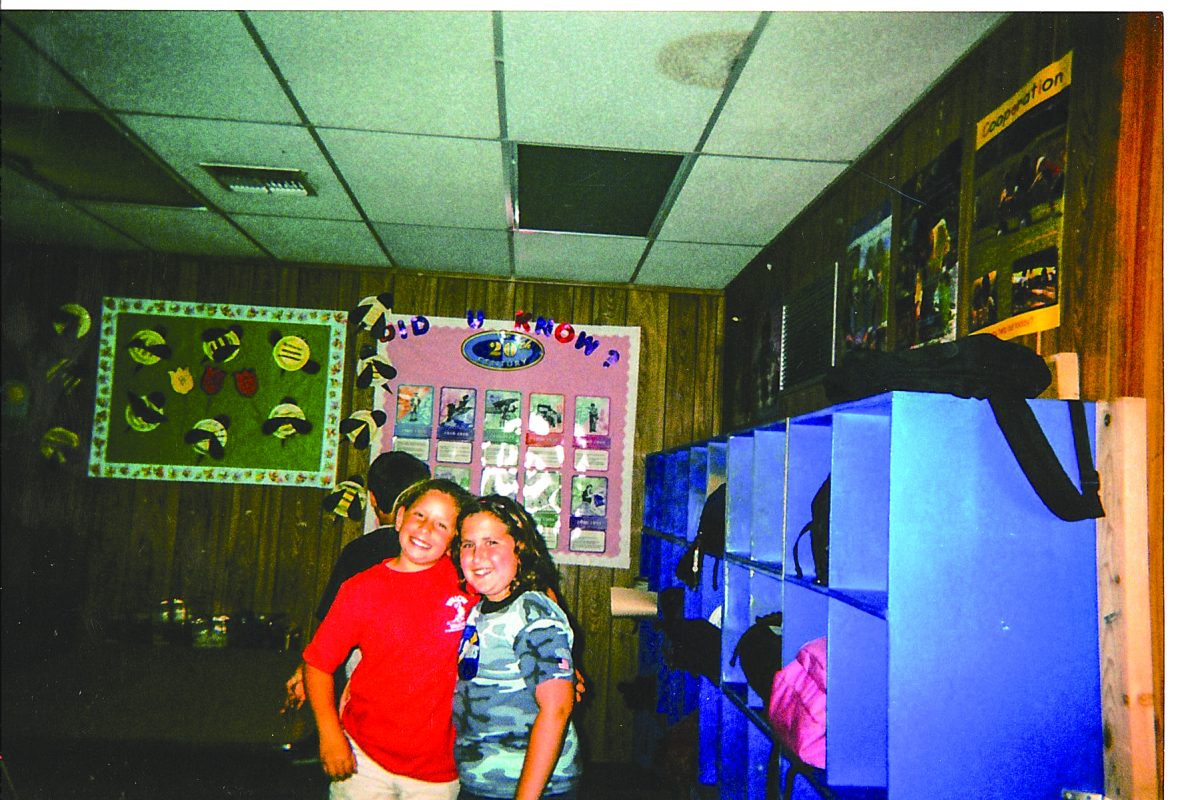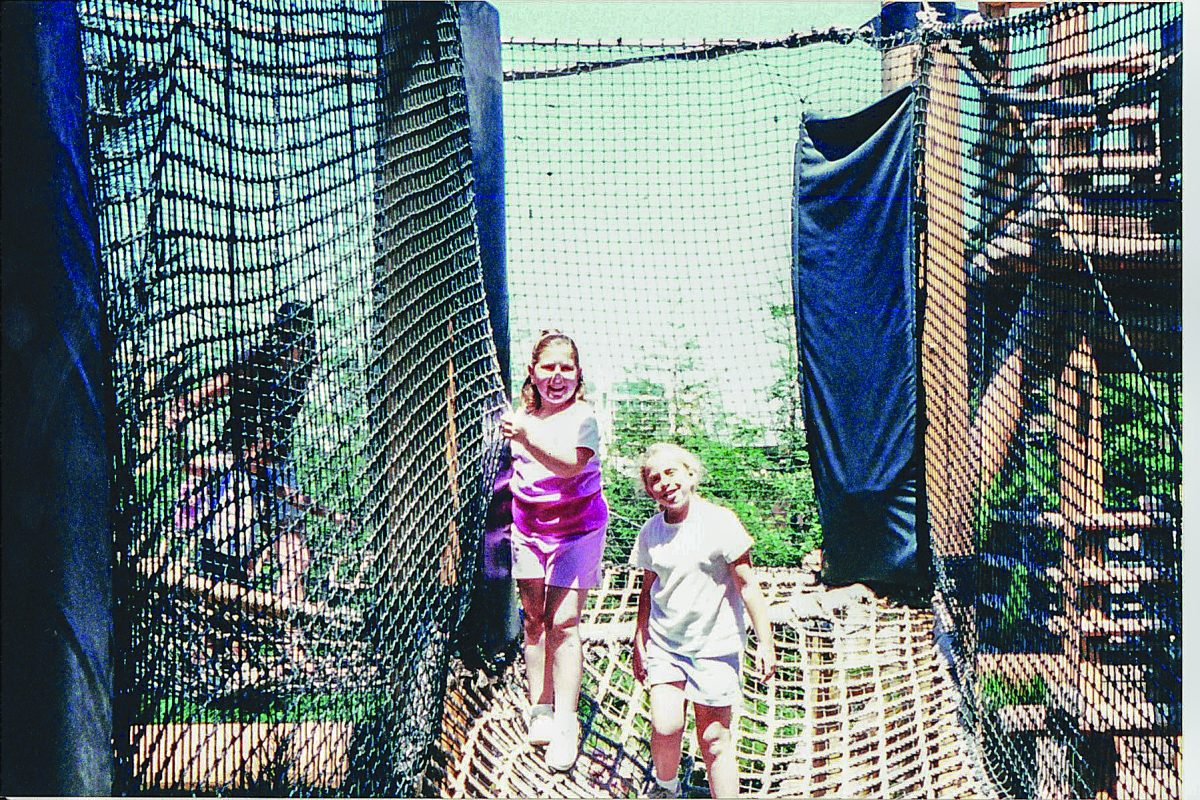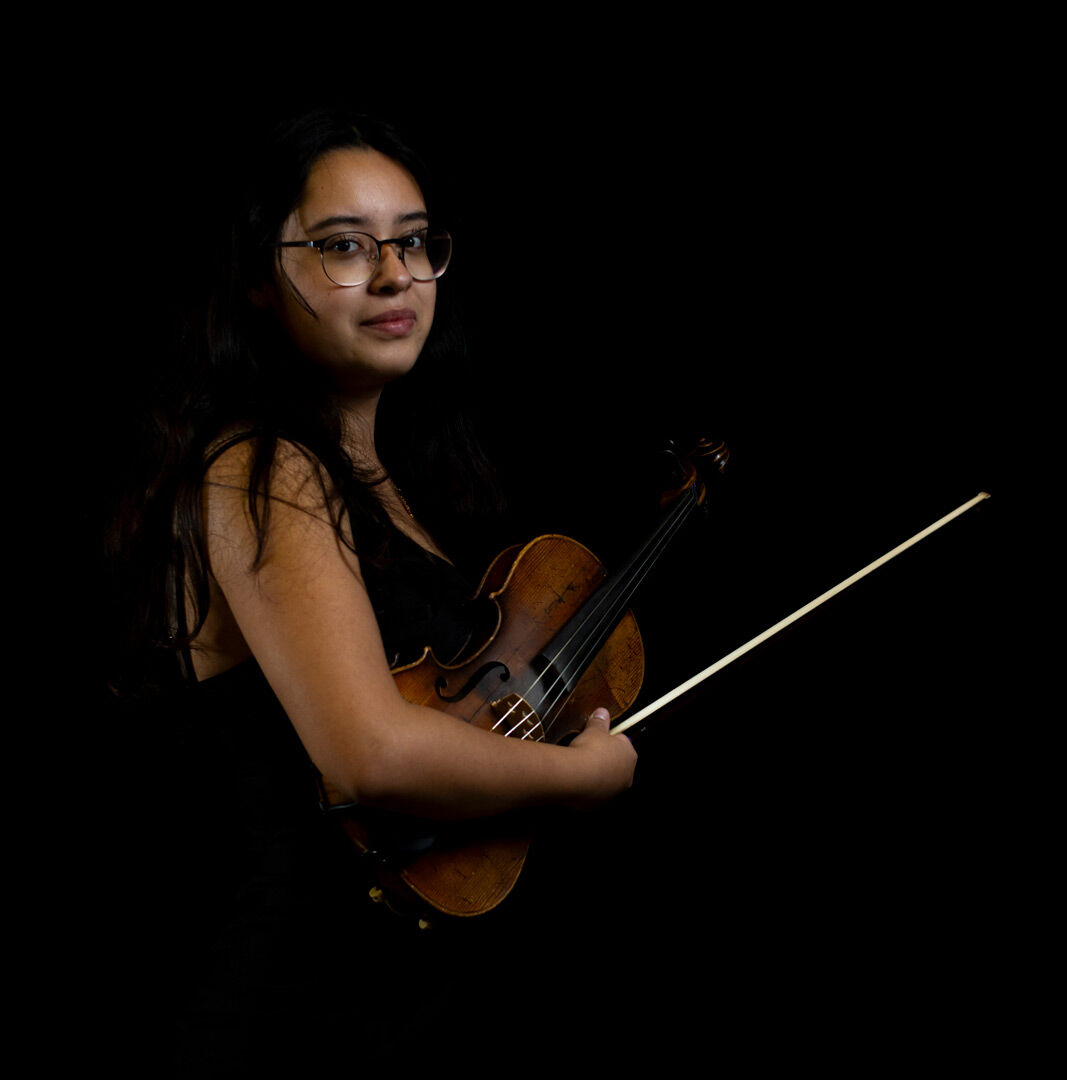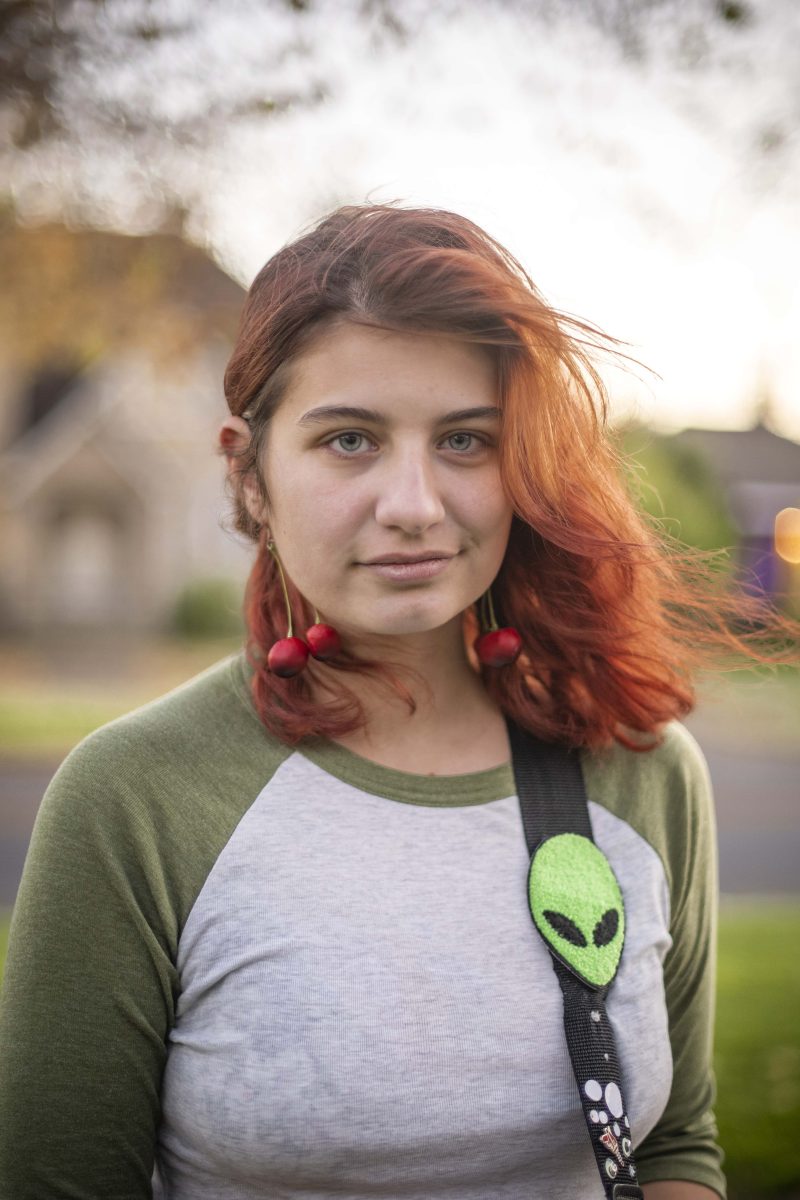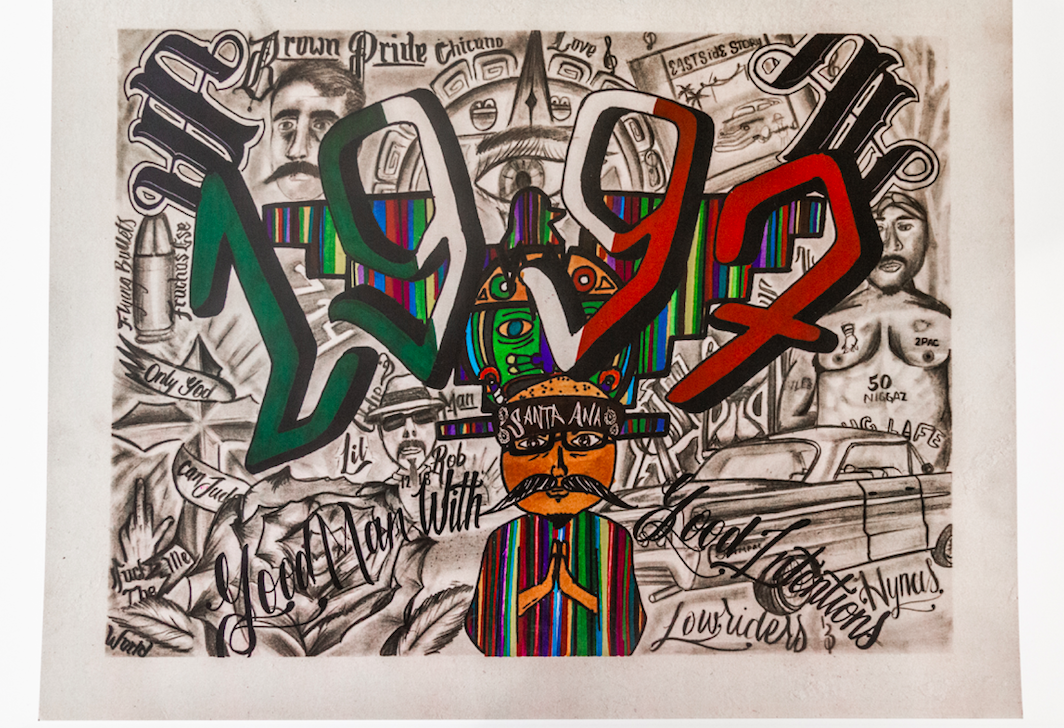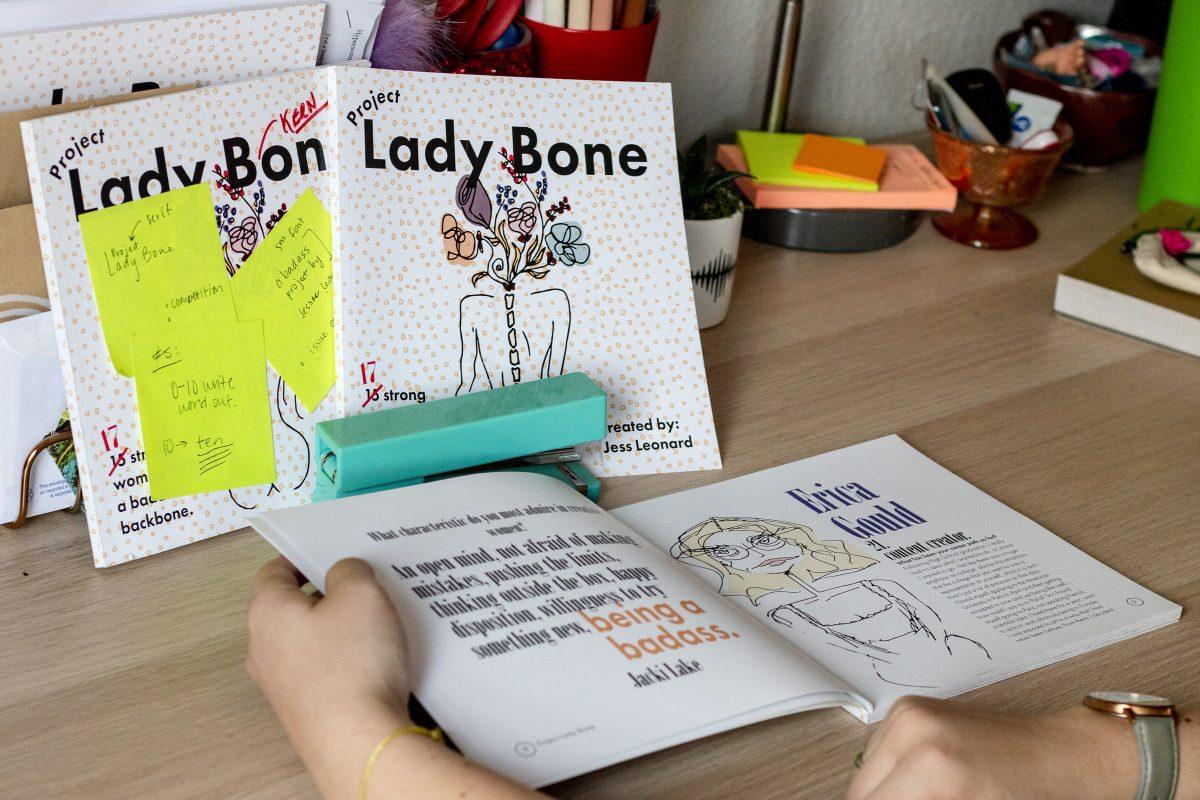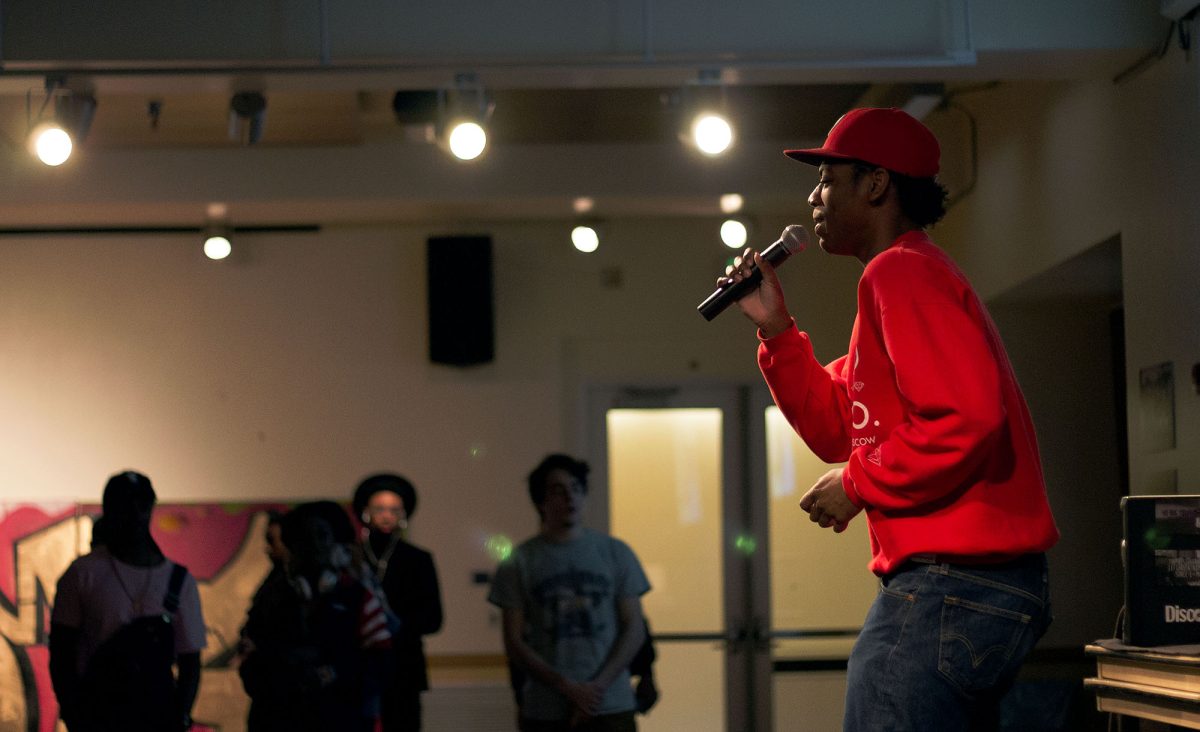Story and Photos by Jamie Hershman
I remember my dad facing away from me at the kitchen sink. Beams of summer sunlight stream through the window as he washes the dishes. My father turns around—his eyes are puffy from crying.
“Elisa passed away in her sleep last night,” he whispers. Those were the last words I expected to hear—a distant cousin or a grandparent, maybe, but not Elisa. I can hardly register his words, but his face says it all: sunken and pale, he, too, is in disbelief that my best friend is dead.
Staring down at the hardwood floors, I hear only the sound of running water that fills the silence. My young mind cannot immediately comprehend her death. My father and I look past each other, standing a few feet apart. My eyes fill with tears, and I bite my tongue to keep them from spilling. My father’s lower lip quivers, but he tries to compose himself for his 12-year-old daughter. His tears turn disbelief into reality. The first question that comes to my mind is, how did she die? The why follows shortly after.
Elisa was 13 when she passed away from a rare heart condition known as Sudden Unexpected Death Syndrome. From the moment I met her at the YMCA in kindergarten to the time she graduated middle school, she never showed any signs of illness. That night she went to sleep healthy and never woke up.
The funeral followed three days after her death. Rows of wooden benches set in a circular formation were filled with adolescents accompanied by their parents. A sea of black sport coats and sweaters contrasted against the colors of the stained-glass windows of the temple. A large portrait of Elisa stood next to her father as he read a eulogy in broken sentences.
I can’t recall seeing the casket, but her portrait stared at me. Her soft brown eyes and genuine smile pierced right through my stoic face, a mask against the pain I felt sitting at my best friend’s funeral. I slumped down in my seat and stared down at the ground, trying to hide from her. I didn’t want Elisa to see me cry. I held my breath to keep the tears back. Staring straight ahead, my face was emotionless, but inside, I was a mess.
I wanted to be alone and cry until my eyes were so swollen that I could barely open them. But I made sure to hold back my tears. I didn’t want to be the sad best friend that others pitied. A single tear slid down my cheek when I heard Elisa’s mom wail in grief behind a sheer black curtain on the side of the alter.
Weeks passed as I avoided my grief. Months went by that I never talked about her death with anyone. I kept thinking about all the things she would be missing out on. She would never dress up for her senior prom or go to college. She would never walk down the aisle on her wedding day or even have a first kiss. I felt selfish. Why did I deserve to live while Elisa was dead? That was the hardest part to understand.
That guilt slowly faded away towards the end of the summer as my thoughts of Elisa erased from my mind. The years went by while I failed to mourn. I blocked her death out from my memory.
During my senior year in high school, my creative writing class brought Elisa back to me. In one of our daily journal entries, my teacher simply asked the class to write about a childhood memory. My summers with Elisa came to mind immediately—it was our favorite season. We would eat popsicles in her backyard and play pool games until our fingers pruned. In those moments, we felt carefree. That was my childhood, being happy with her.
After that moment of reflection about our summers together passed, I began remembering the other things I loved about her and the way she brought joy to my life. From playing princess dress-up games to watching Disney movies, it was just being together that shaped our childhood. She came back to me as my happiest memory. I began to see that Elisa never missed out on anything.
Grieving is the hardest part of death. Everybody deals with grief differently—there is no correct way to feel. It took me years to accept Elisa’s death and understand the impact her existence had on my life. She taught me how to be caring and what it means to be an unconditionally loving friend. She loved me like a sister, and for that I am forever grateful.
My grief for Elisa has still not passed, and maybe that’s the way it should be. Sometimes I think about her and I miss her, allowing myself to cry a little behind my bedroom door. I will always miss her. That’s how I grieve.
Little things remind me of her. A sunny day after a week of rain brings back our summers together. Sometimes I drive through her neighborhood and pass the street sign that always made us laugh uncontrollably. It said “Smile and Drive Safely” with a happy face at the bottom. She would always put her hands out in front of her gripping an imaginary steering wheel and smile as big as her cheeks would allow, imitating the street sign. I would laugh until my stomach clenched, and I could barely breathe, begging for her to act it out again. She was the best part of my childhood, and I loved her. I will never forget her.
Categories:
Smile and Drive Safely
April 16, 2014
Smile and Drive Safely
0
Donate to Ethos
Your donation will support the student journalists of University of Oregon - Ethos. Your contribution will allow us to purchase equipment and cover our annual website hosting costs.
More to Discover


